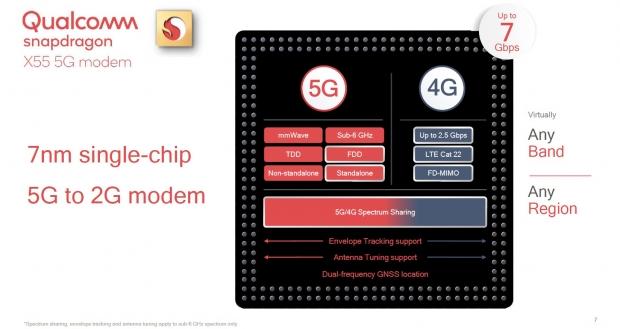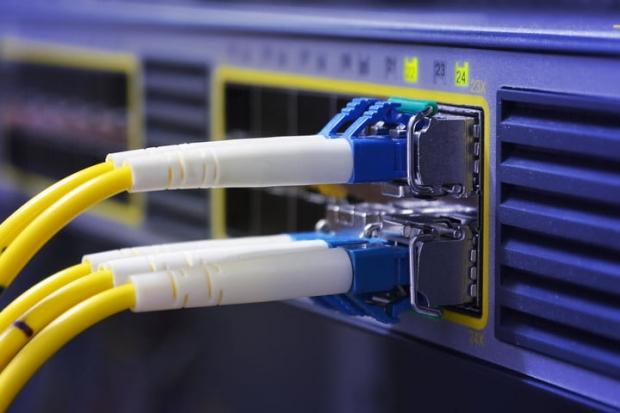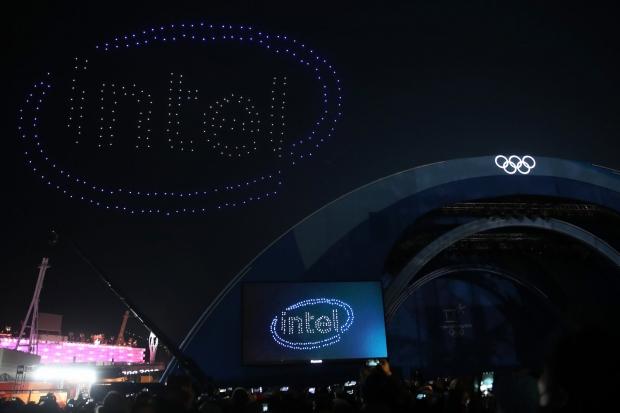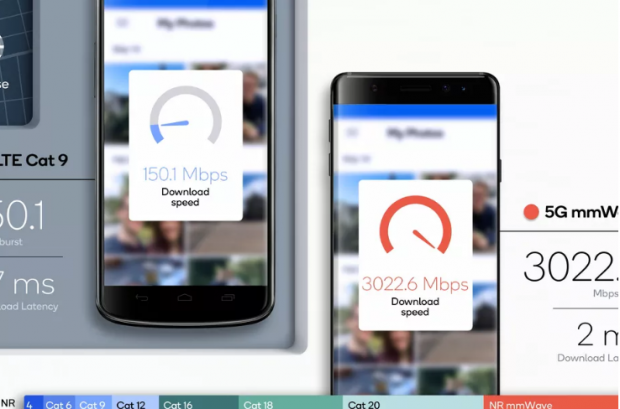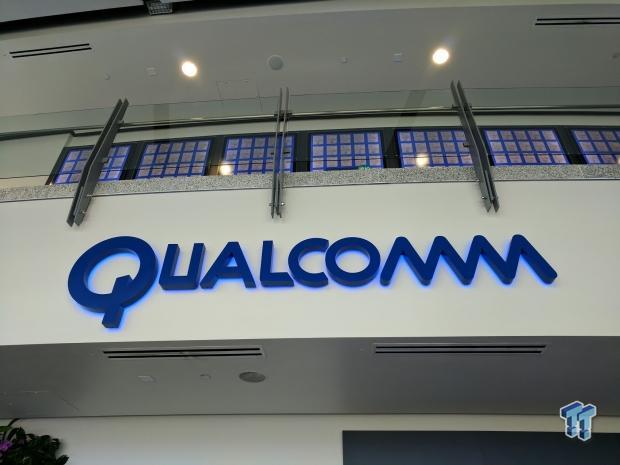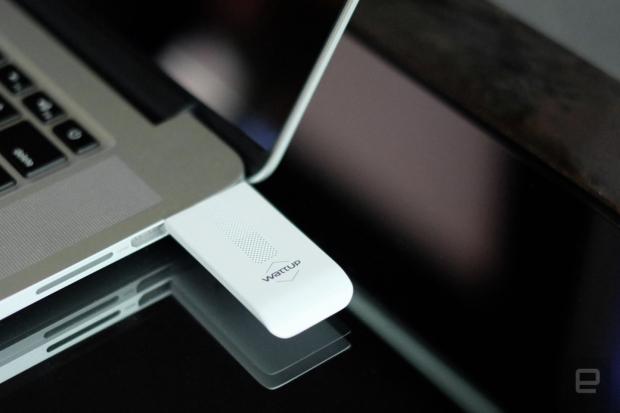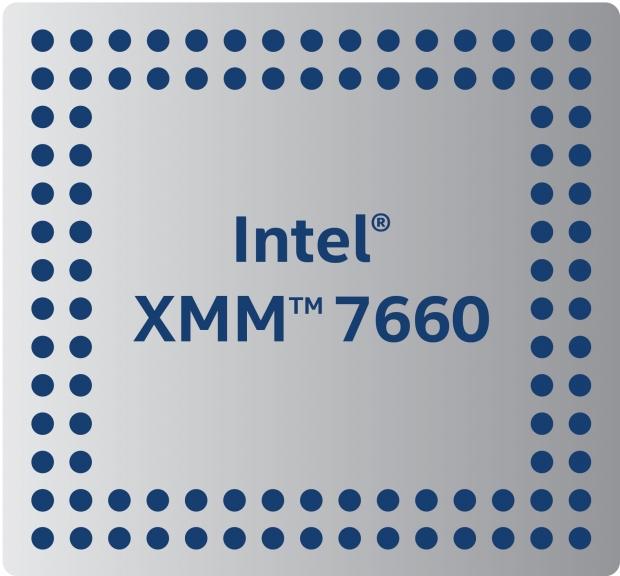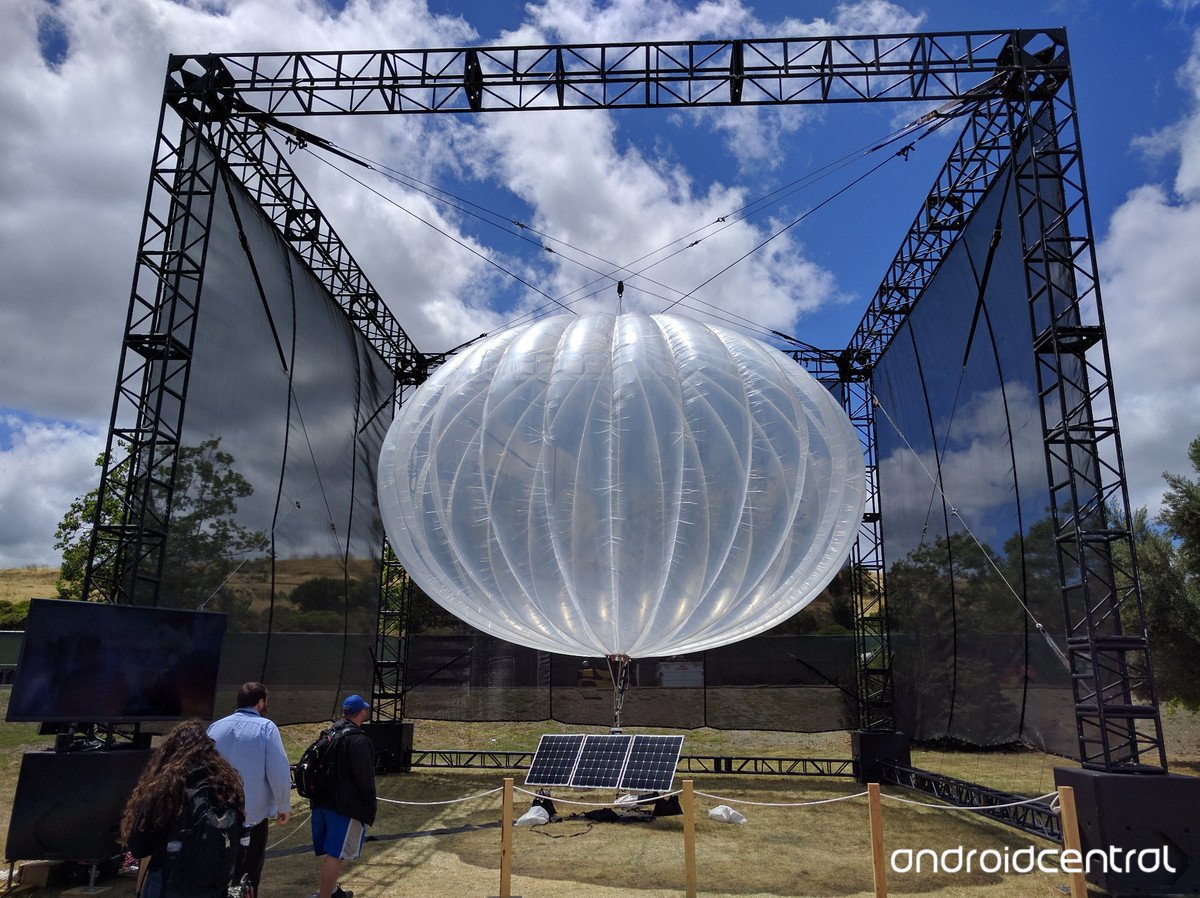Connectivity, Communications & Cloud News - Page 10
Confusion ahead, USB 3.2 will include USB 3.1 and USB 3.0
It seems that the days of straightforward standard naming are behind us, with USB-IF determined to rename both the USB 3.0 and USB 3.1 standards to USB 3.2. Back when USB-IF renamed USB 3.0 (5Gbps) and USB 3.1 (10Gbps) to USB 3.1 Gen 1 and USB 3.1 Gen 2, many people were confused as to why they would rename a standard that was so easy to understand.
It seemed like a marketing move to intentionally confuse consumers, and it seems like they are going to do it again. USB 3.1 Gen 1 (5Gbps) will be renamed to USB 3.2 Gen 1, USB 3.1 Gen 2 (10Gbps) will be renamed to USB 3.2 Gen 2, and the actual new 20Gbps standard will be renamed to USB 3.2 Gen2 x2, which will be two lanes of USB 3.1, USB 3.1 Gen 2, or USB 3.2 Gen 2 depending on the time of the year.
We also learned from a USB-IF partner company rep on Reddit, that there will also be a USB 3.2 Gen 1 x2, which is two 5Gbps lanes, for a total of 10Gbps. While USB-IF has said that the marketing names for these ports will be SuperSpeed USB (5Gbps), SuperSpeed USB 10Gbps, and SuperSpeed USB 20Gbps, we expect most device specifications and product markings to use the former naming scheme as most currently do.
Continue reading: Confusion ahead, USB 3.2 will include USB 3.1 and USB 3.0 (full post)
Qualcomm unveils second-gen 5G modem with Snapdragon X55
Qualcomm has just unveiled its second-gen 5G modem with teh announcement of the Snapdragon X55, a beast of a chip that handles both 5G and 4G connectivity with support for both mmWave and sub-6GHz spectrums, like its X50 predecessor.
The new Snapdragon X55 ramps up theoretical peak speeds to 7Gbps (up from 5Gbps) download and up to 3Gbps upload. You won't hit those speeds walking around down, as you'll need to use the right phone, be in the right spot, and have perfect network conditions to be pulling down 7Gbps and uploading at a huge 3Gbps. Qualcomm has introduced 5G FDD support in the new Snapdragon X55, which is an important building block for Europe and other countries where it will free up low-frequency spectrum (600MHz to 900MHz) for that all-important 5G.
Qualcomm hosted its annual Snapdragon Tech Summit in Maui, Hawaii last year where it talked about using the Snapdragon X50 inside of the 5G-powered smartphones of 2019, but the new Snapdragon X55 will be what powers the 5G phones of tomorrow... as in 2020, and beyond. Qualcomm says it won't have Snapdragon X55 available until "late 2019", the company just announced it ahead of time to blow our minds open even more.
Continue reading: Qualcomm unveils second-gen 5G modem with Snapdragon X55 (full post)
South Korea: 10Gbps internet this year, download at 1GB/sec
It looks like I'll need to move to South Korea for some blistering fast internet access, with SK Broadband announcing its new 2.5Gbps high-speed internet service recently, teasing future 5Gbps and 10Gbps connectivity.
SK Broadband is owned by South Korea's largest wireless carrier, SK Telecom, which use their Gigabit Passive Optical Network (GPON) to hit 2.5/5/10Gbps. GPON technology uses something called a "point-to-multipoint architecture" that sees a single optical fiber line with multiple unpowered fiber splitters.
The carrier says that it developed GPON technology as an alternative to ethernet cables, with a single SK GPON reaching 52.5Gbps, which is absolute insanity. SK Broadband is expecting to be able to provide 5Gbps and 10Gbps internet services in 2H 2018, all powered with their GPON technology.
Continue reading: South Korea: 10Gbps internet this year, download at 1GB/sec (full post)
Intel 5G promises 8K 360-degree video at Tokyo 2020 Olympics
Qualcomm threw down the 5G gauntlet last year, but with their massive 3Gbps speeds teased in 5G simulation tests during MWC 2018 the company is taking it to the next level. Intel is now teasing its own huge 5G push where the company will be powering a "broad-scale" 5G network at the 2020 Olympics in Tokyo.
Intel has announced it will be working with NTT Docomo to build a 5G network for the 2020 Olympic games in Japan, which is something Intel is expecting to be the biggest 5G deployment in the world, at the time of the Olympics.
Better yet, Intel is promising insane 8K 360-degree video streams over their 5G network for the 2020 Olympics in Japan. We should see 4K and 8K cameras and even drones capturing 4K video by then, with these cameras 5G-enabled. Intel says that it will also be powering 5G integration in vehicles, with teh company already seeing 1Gbps while watching 4K video and on-the-move at 30kmph (18.6mph).
Continue reading: Intel 5G promises 8K 360-degree video at Tokyo 2020 Olympics (full post)
Qualcomm simulated 5G test can handle 8K 120FPS video stream
Qualcomm will enter an entire new level of dominance once they get 5G into the world, but just how fast will those speeds be? We know to expect over 1Gbps, but up to 5Gbps? We're talking over 500MB/sec downloads over a cellular connection and not Wi-Fi, but that is the future.
Qualcomm decided to run 5G simulated tests during Mobile World Congress, where they modeled two real-world conditions in Frankfurt, and San Francisco. The locations are based on existing cell sites and spectrum allocations in two popular, and very dense cities.
The simulation took into consideration things like geography, varying user demands on the network, a bunch of different devices with varying levels of LTE and 5G connectivity for different speeds across devices in order to simulate what to expect from a 5G device.
Continue reading: Qualcomm simulated 5G test can handle 8K 120FPS video stream (full post)
Intel: 5G mobile PCs will be here next year
Last year Intel had announced their new XMM 8000 series of 5G modems, and now they have partnered up with vendors to make mobile PCs with 5G a reality in 2019.
Intel is working with Dell, HP, Lenovo, and Microsoft to make this reality sooner rather than later. In fact, if you attend Mobile World Congress (MWC), you will be able to see a new detachable 2-in-1 PC with an early 5G modem and an i5 8th Generation processor.
Intel will demo 5G by showing live streaming of a video over the 5G network. With the increase in throughput that 5G offers, the technology will change the way we experience data. Intel wants us to imagine untethered VR, downloading a 250MB file in seconds in a parking lot, and even multi-player gaming in your autonomous car.
Continue reading: Intel: 5G mobile PCs will be here next year (full post)
Sprint teams with Qualcomm, promises 5G network in 1H 2019
Qualcomm has been leading the 5G game for what feels like years now, and now we have news that Sprint has promised to launch mobile 5G services nationwide in the first half of 2019.
Sprint boss Marcelo Claure explained during their recent quarterly earnings conference call with investors: "We're working with Qualcomm and network and device manufacturers in order to launch the first truly mobile [5G] network in the United States by the first half of 2019. This development will put Sprint at the forefront of technology innovation on par with other leading carriers around the world... We believe our next-gen network will truly differentiate Sprint over the next couple of years".
US telco competitor T-Mobile has promised nationwide 5G support in 2019, finishing it in 2020, with Sprint now in the lead for the next generation of mobile connectivity.
Continue reading: Sprint teams with Qualcomm, promises 5G network in 1H 2019 (full post)
15 feet wireless charger approved by FCC
A San Jose-based startup named Energous, has announced that it has been granted approval by the FCC for their power-at-a-distance wireless charger that uses the WattUp Mid Field transmitter.
WattUp Mid Field transmitter converts electricity to radio frequencies which then are beamed to nearby devices that support wireless charging and have a corresponding receiver. This new technology brings forth a new wave of wireless charging, as previous generations of the idea required physical contact with the wireless charging device, Energous' product can be used in a 15 feet radius from the station.
The WattUp will have the ability to be able to charge multiple devices at once, from phones to tablets, keyboards and any other piece of technology that is fitted with a corresponding charging receiver. Just like Wi-Fi, the WattUp is manufacturer-agnostic meaning that no matter what brand receiver users may have the wireless charging will still be available to use.
Continue reading: 15 feet wireless charger approved by FCC (full post)
Intel's new XMM 7660 LTE modem: 1.6Gbps speeds on your phone
Intel has just increased its threat against Qualcomm in a very big way by announcing their new XMM 7660 LTE modem, something that will really push the limits of download speeds over our mobile devices.
The new XMM 7660 LTE modem from Intel is capable of reaching 1.6Gbps which is an incredible leap from the 1Gbps offered under Qualcomm's Snapdragon 845 processor. Intel's new LTE modem will be one of the fastest in the world, and could be inside of the iPhone 9.
Intel will need to provide some real-world tests of the 1.6Gbps teased by its XMM 7660 LTE modem, but I think seeing 1.5GB/sec downloading onto my phone will be so scary I'd pass out. My 100Mbps fiber connection at home is already mighty fine, but 1.6Gbps from my phone? Holy hell.
Continue reading: Intel's new XMM 7660 LTE modem: 1.6Gbps speeds on your phone (full post)
30 Project Loon internet balloons headed for Puerto Rico
With all of the issues going on in Puerto Rico and the Virgin Islands, the FCC fast-tracked 60 x Project Loon internet ballons to fly over both countries for six months.
Alphabet is behind Project Loon, with Google's parent company pushing cellular data capabilities from the skies. Project Loon would return internet connectivity to countless residents. Project Loon was recently deployed in Peru after floods affected the city, with Alphabet teaming with Peruvian network Telefonica to help get the signals from the ground and allocate them into the right spectrum and services.
An Alphabet spokesperson told Wired: "Things are a little more complicated because we're starting from scratch. Loon needs be integrated with a telco partner's network-the balloons can't do it alone".
Continue reading: 30 Project Loon internet balloons headed for Puerto Rico (full post)



